South African Funeral Laws
Annlin Matabane (Annlin the Archaeologist) is working on South African funeral law. To help narrow things down, these are her top 3 focuses for her research.
Can you help?
Expanding on the Education
The heritage and archaeology sector in south africa is still considered a scarce skill. Many young people do not even know there are career and education programs in this field. Education programs are only provided for at the university and/or college level and there aren't skills programmes to service the sector's needs.
More information on Health Directives
“What I know is there are 2 sets of legislative prescripts that provide regulations on the handling, storage, burial and repatriation of human remains in south africa.
1. Section 2(1) of the Graves and Dead Bodies Ordinance of 1925 (Ordinance Act No 7 of 1925)
2. Section 36 (3) of the National Heritage Resources Act 25 of 1999 (NAHRA Act No 25 of 1999)
These acts are in the public domain but prospective developers and the layman are not aware of these pieces of legislation and how to provide for their compliance.
Expanding information on what happens after you die
“So regarding this, there are various provinces with differing laws regarding the disposal of human remains as well as the municipalities' by-laws that provide for the conservation of burial spaces and places of burial. Areas where graves and human remains are accidentally uncovered through the course of development or otherwise are regulated by the NHRA. Those that are in homesteads and/ or areas outside of formal burial grounds are managed by the tribal authorities as well as next-of-kin. Many people aren't aware of choices, practices and methods of burial and how these can be included in their wills but... that after 60 years their graves are regarded as cultural assets and that after 100 years they are regarded as archaeological remains and that the state then governs what occurs to their bodies.”

